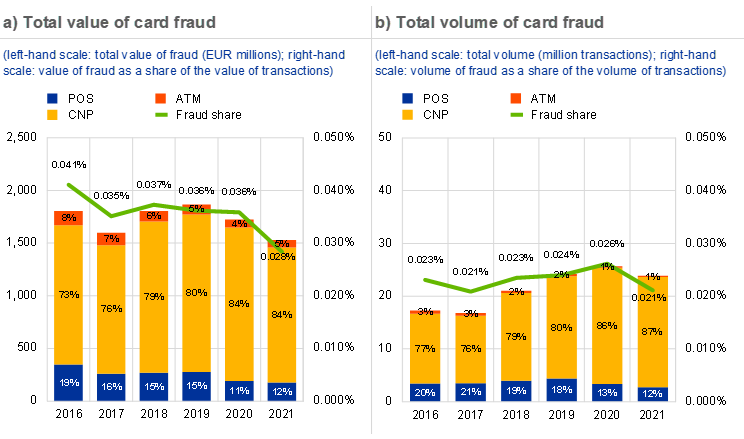Brendan Burgess
Founder
- Messages
- 55,395
I moved this from another thread where a poster did not want to have online banking because of the danger - Brendan
My gut feeling is that you would be less open to fraud if you had online banking.
You could refuse to do any online payments which is what scares people most. They worry that if they put in a wrong digit on an account number, that their money will be gone forever.
You could check your balance more often. If you go into your branch and find that the balance is nil when you were expecting €50,000 and they told you that you had withdrawn €50,000 six months ago, it would be difficult to resolve.
This is probably unlikely, but the credit card is very vulnerable to old fashioned fraud. Again, if you checked the balance online, you would see it sooner.
But it's a good question. Which is more open to fraud - an account checked once every few months by phone or visit or an account checked frequently online.
Brendan
My gut feeling is that you would be less open to fraud if you had online banking.
You could refuse to do any online payments which is what scares people most. They worry that if they put in a wrong digit on an account number, that their money will be gone forever.
You could check your balance more often. If you go into your branch and find that the balance is nil when you were expecting €50,000 and they told you that you had withdrawn €50,000 six months ago, it would be difficult to resolve.
This is probably unlikely, but the credit card is very vulnerable to old fashioned fraud. Again, if you checked the balance online, you would see it sooner.
But it's a good question. Which is more open to fraud - an account checked once every few months by phone or visit or an account checked frequently online.
Brendan
Last edited:
